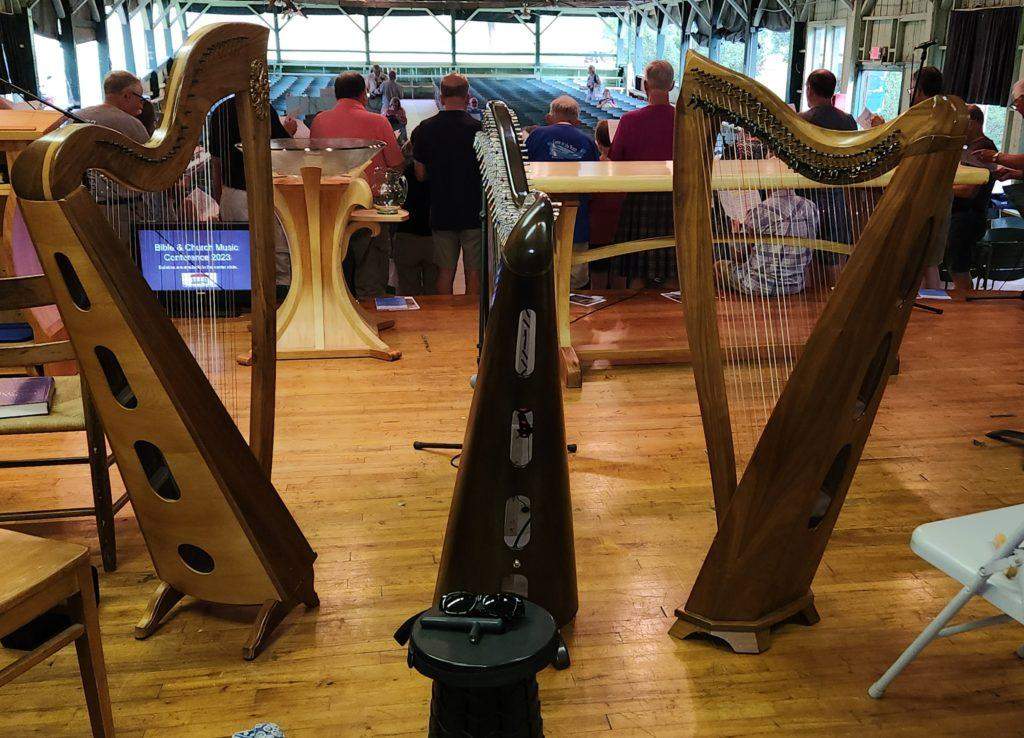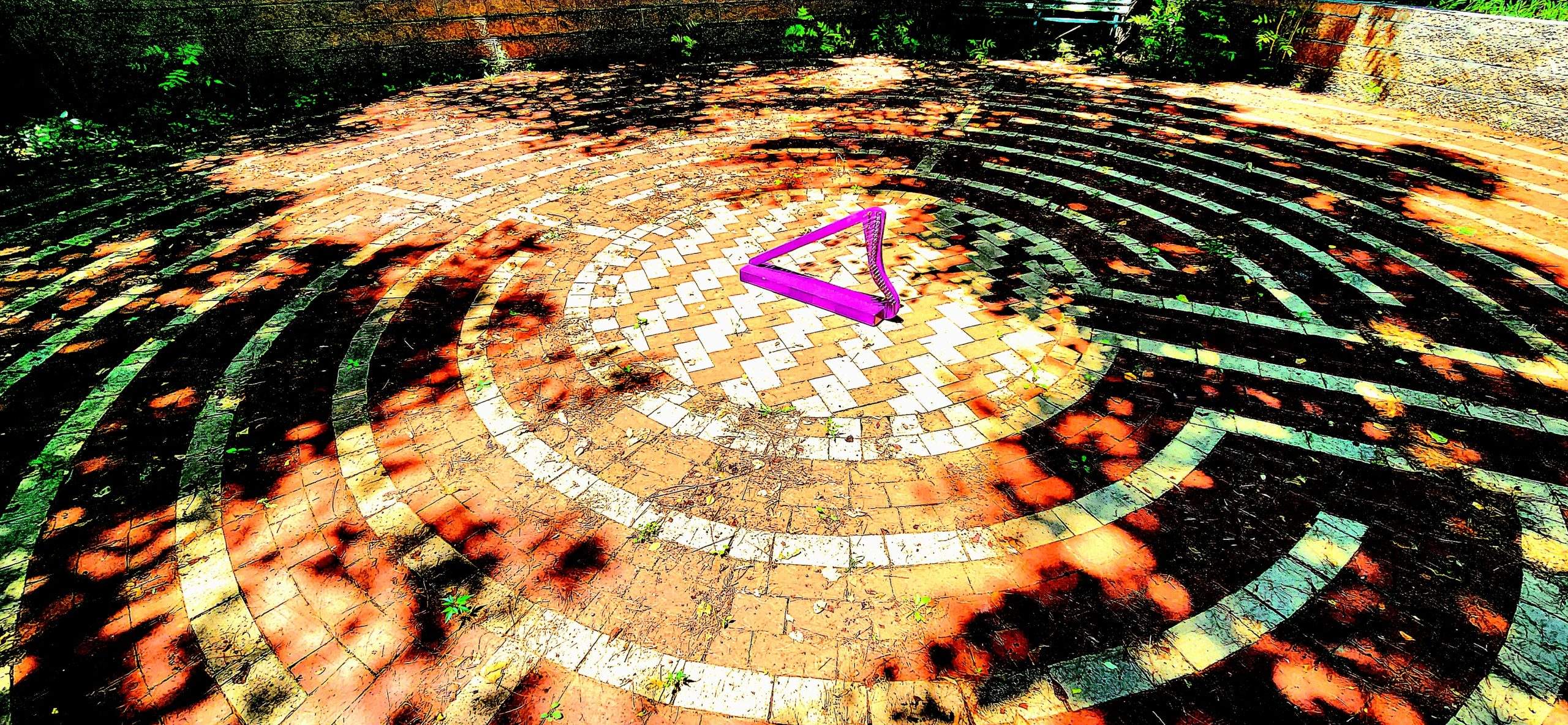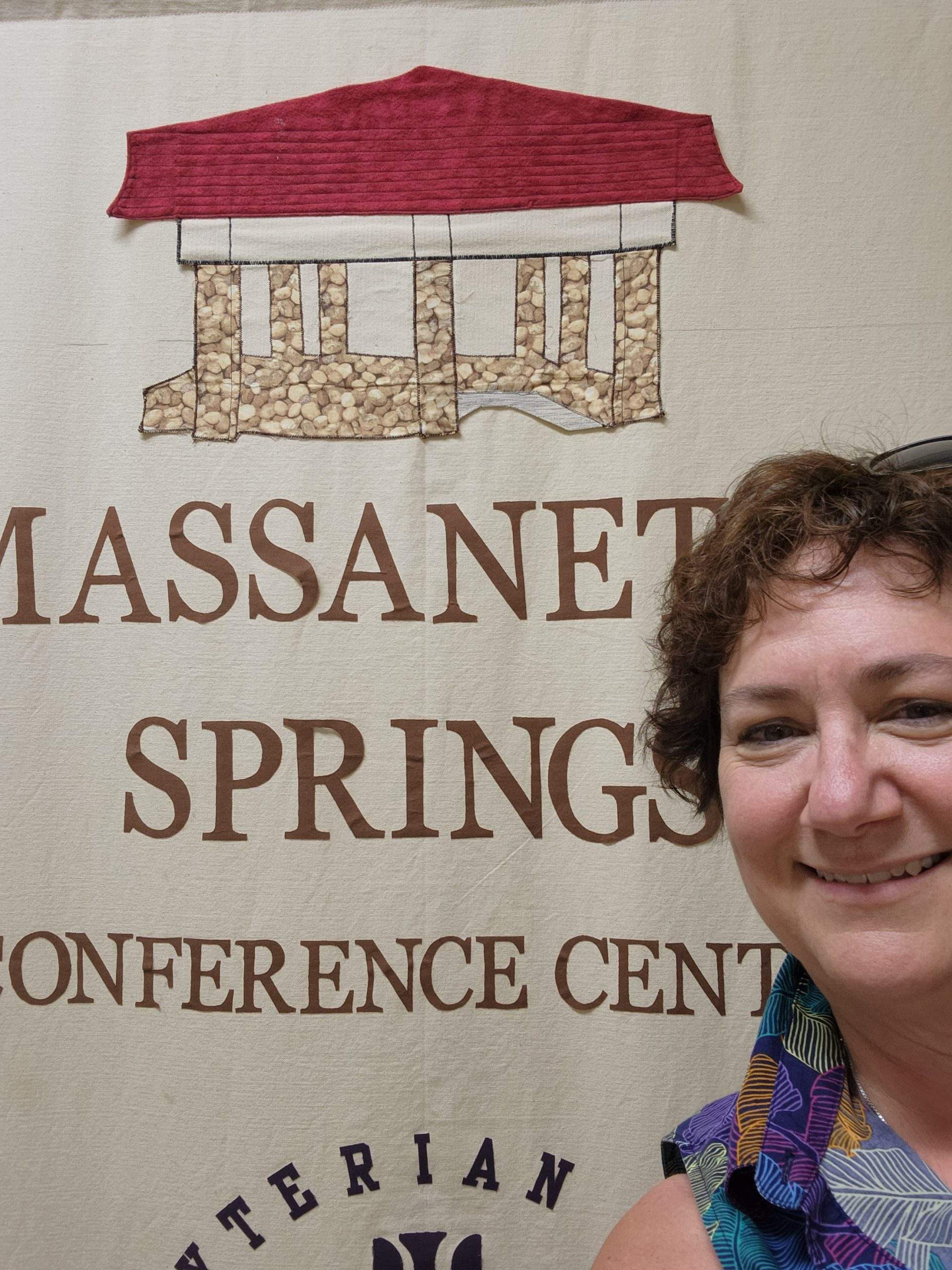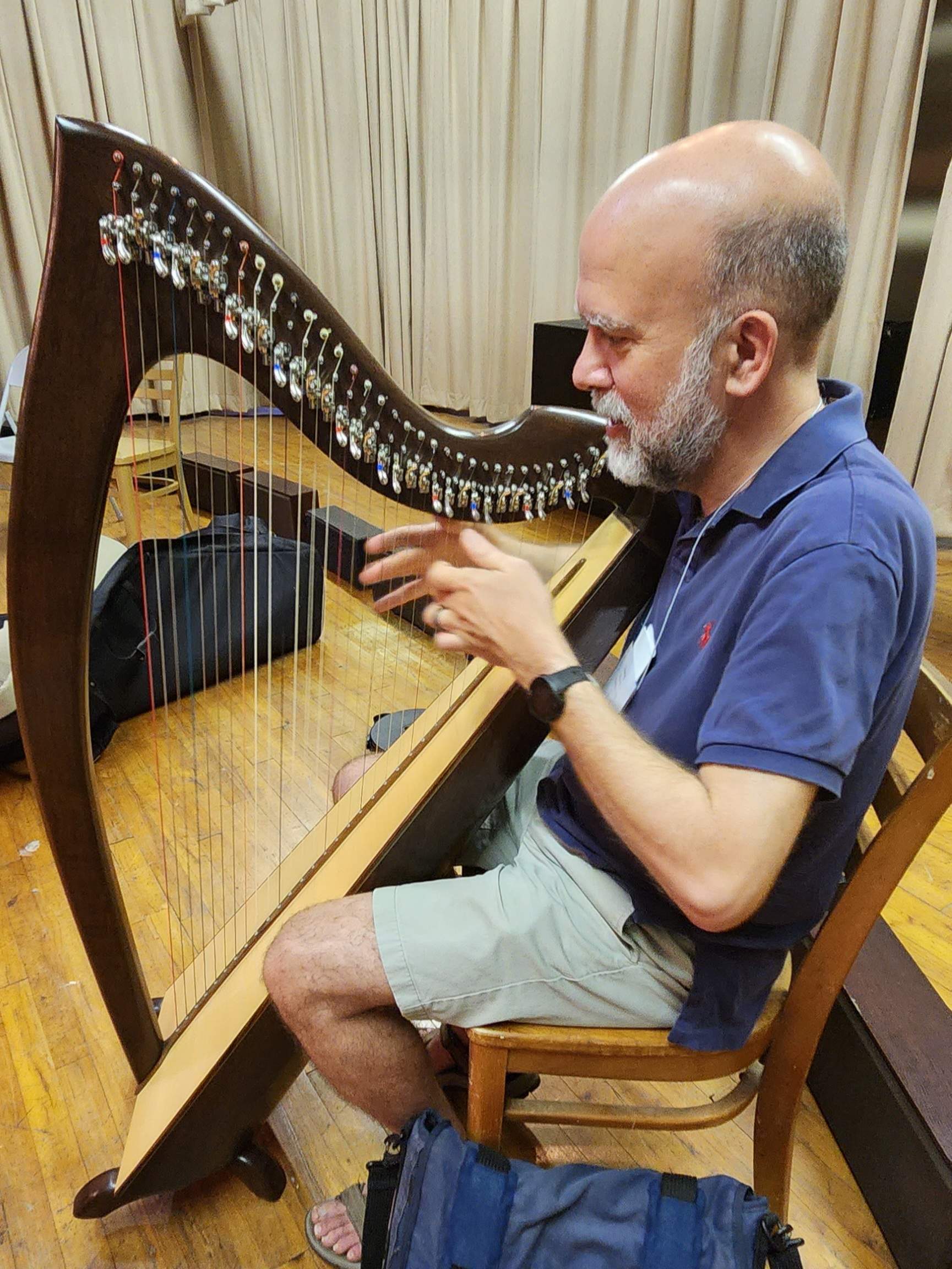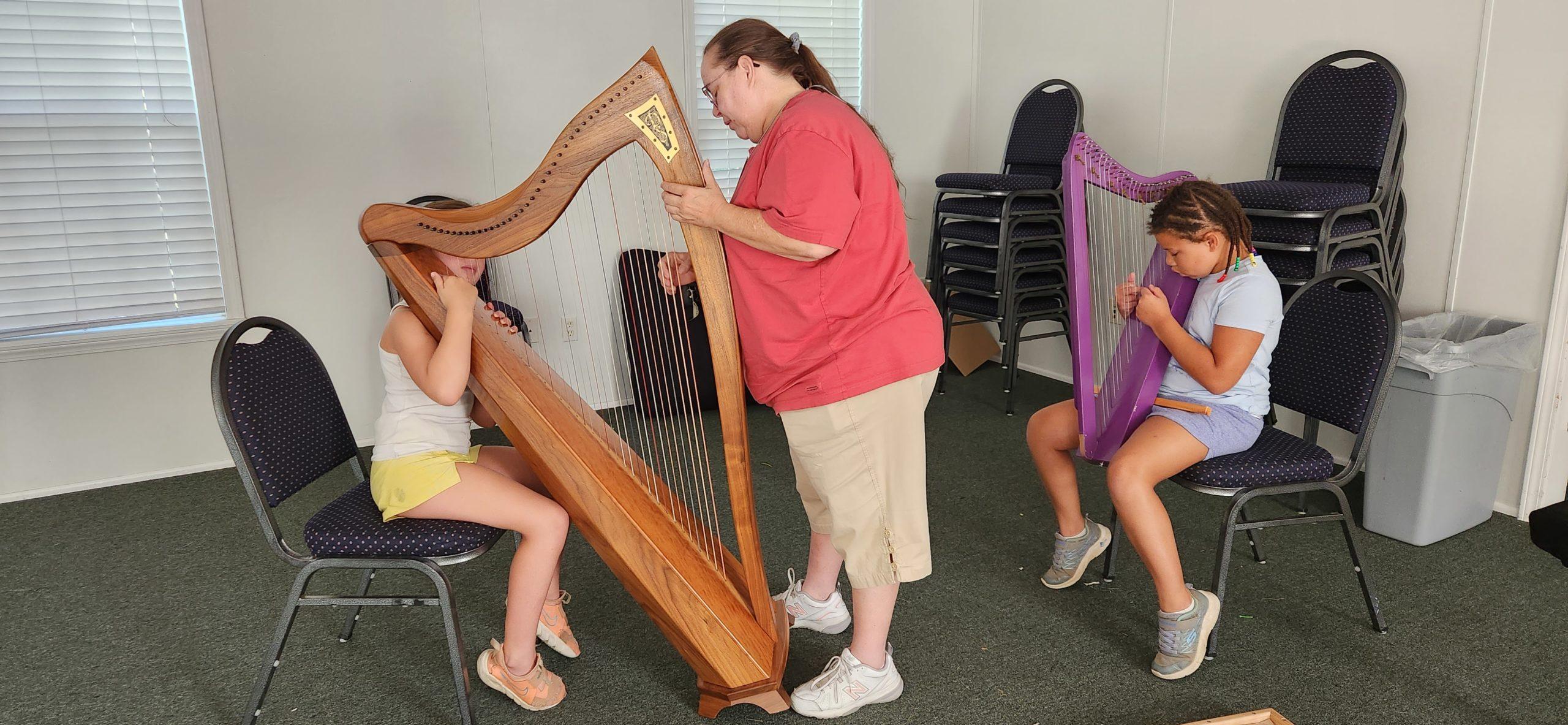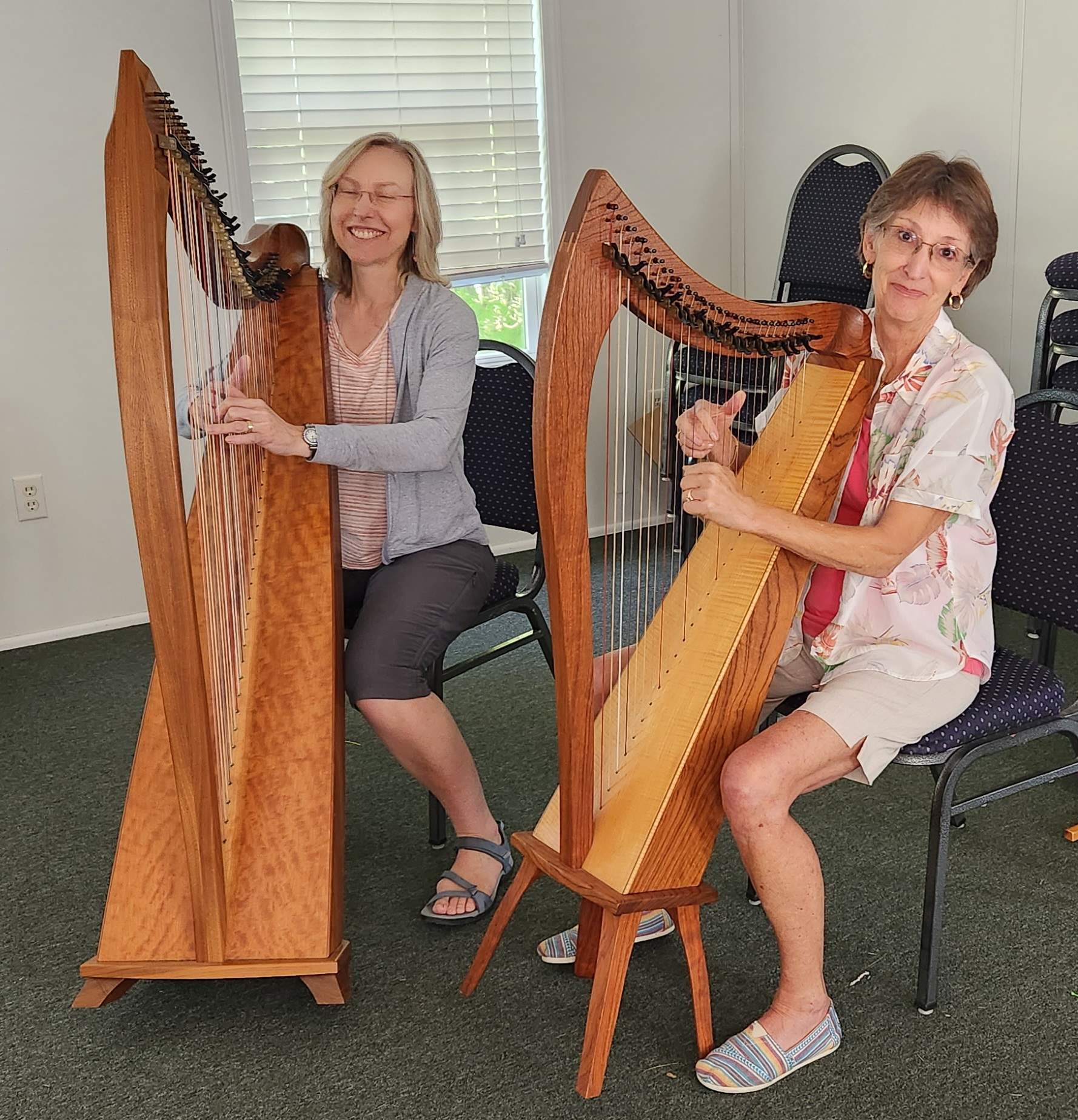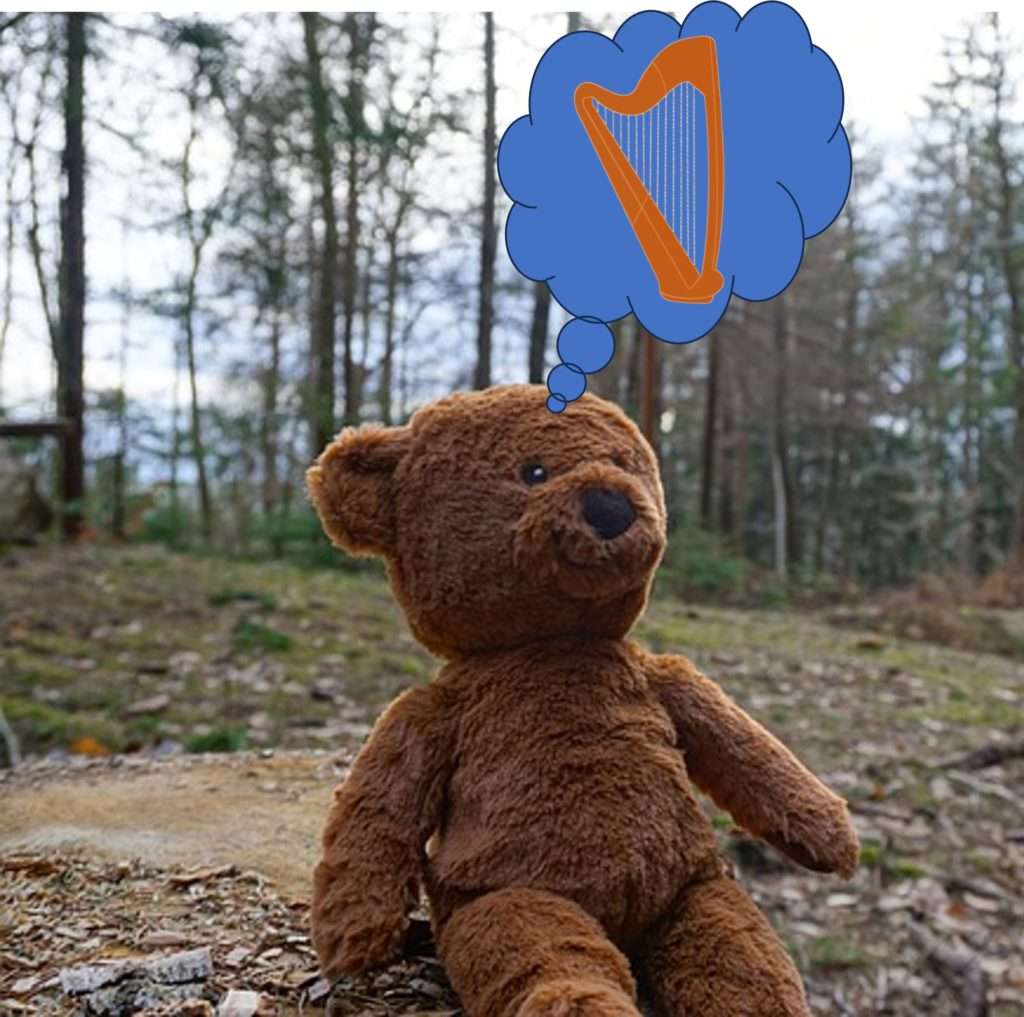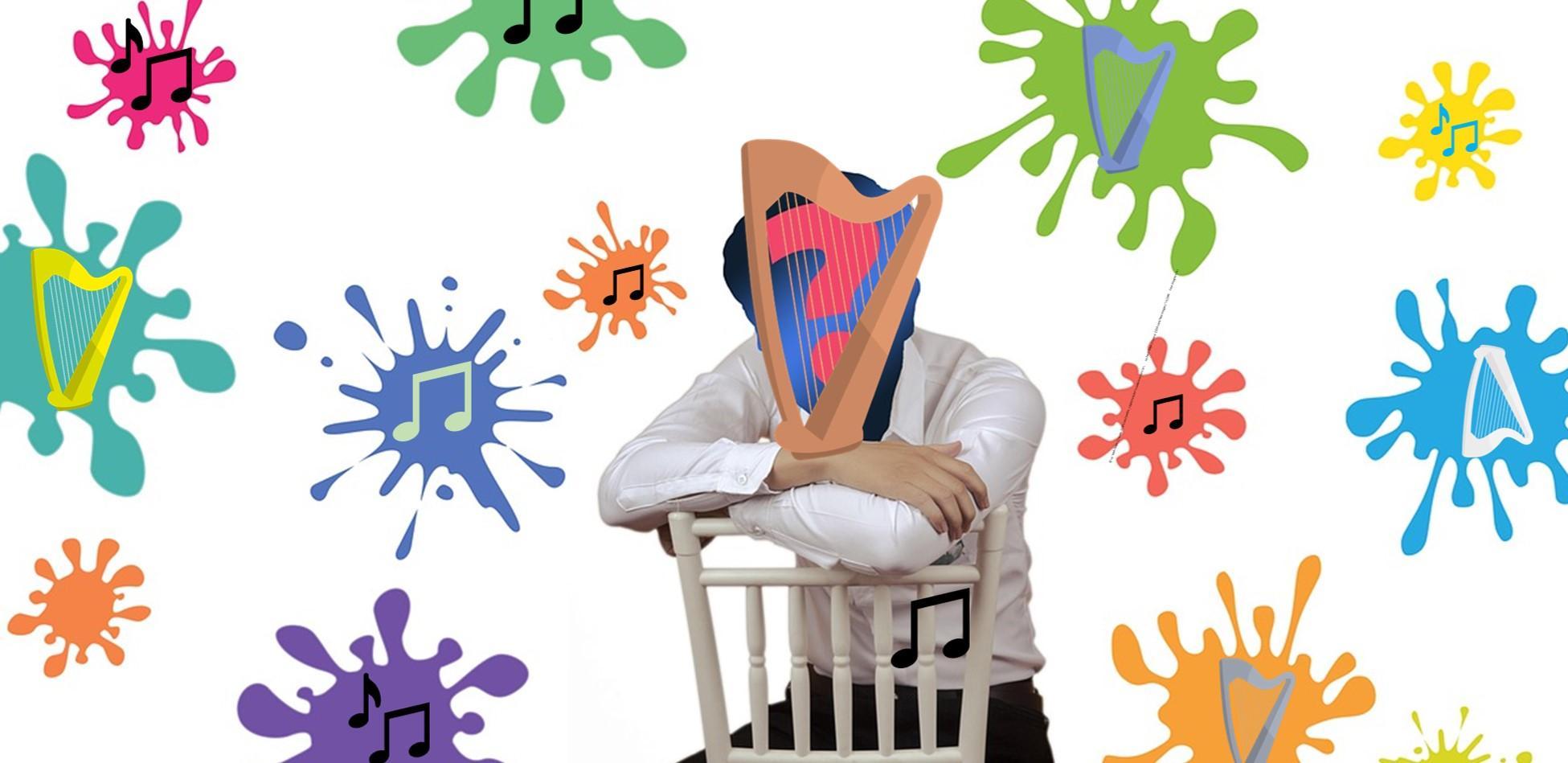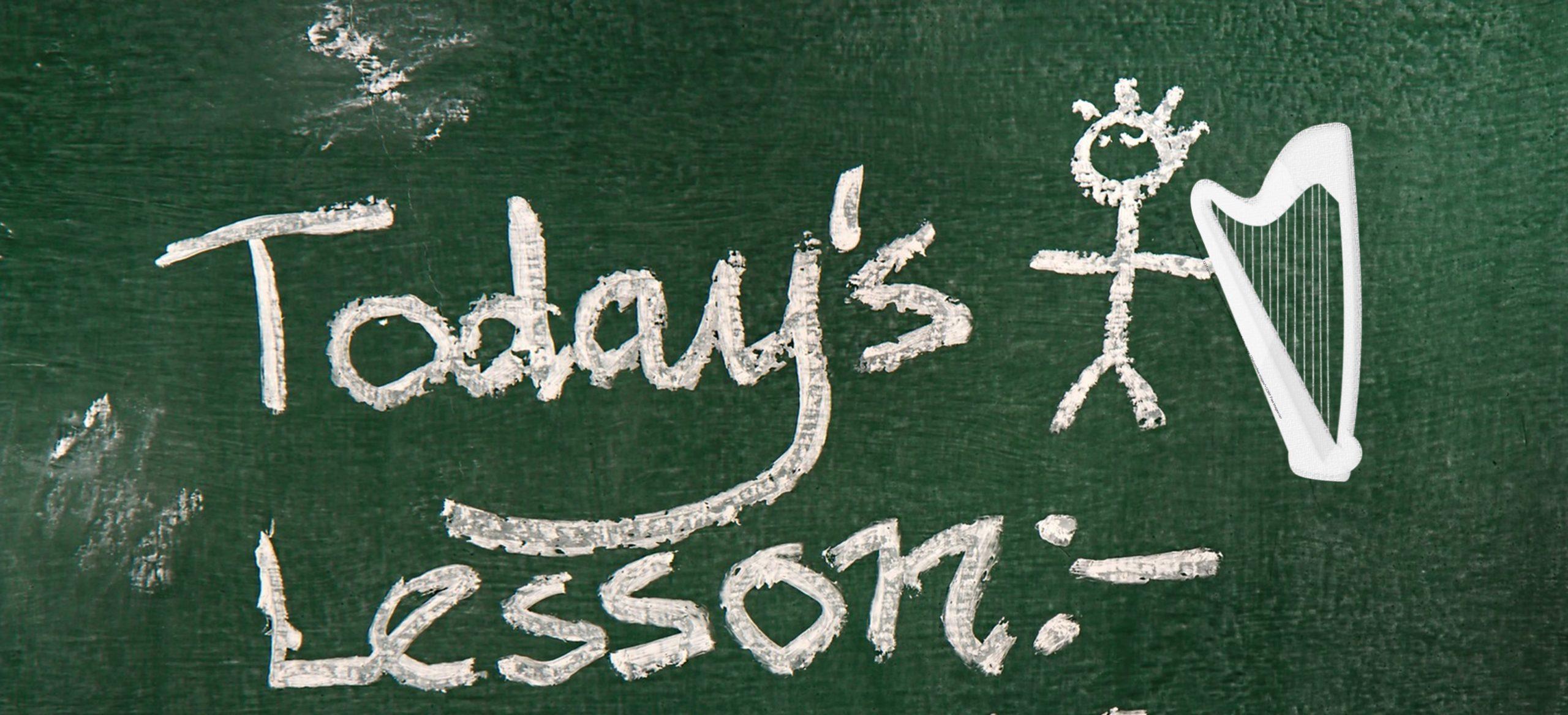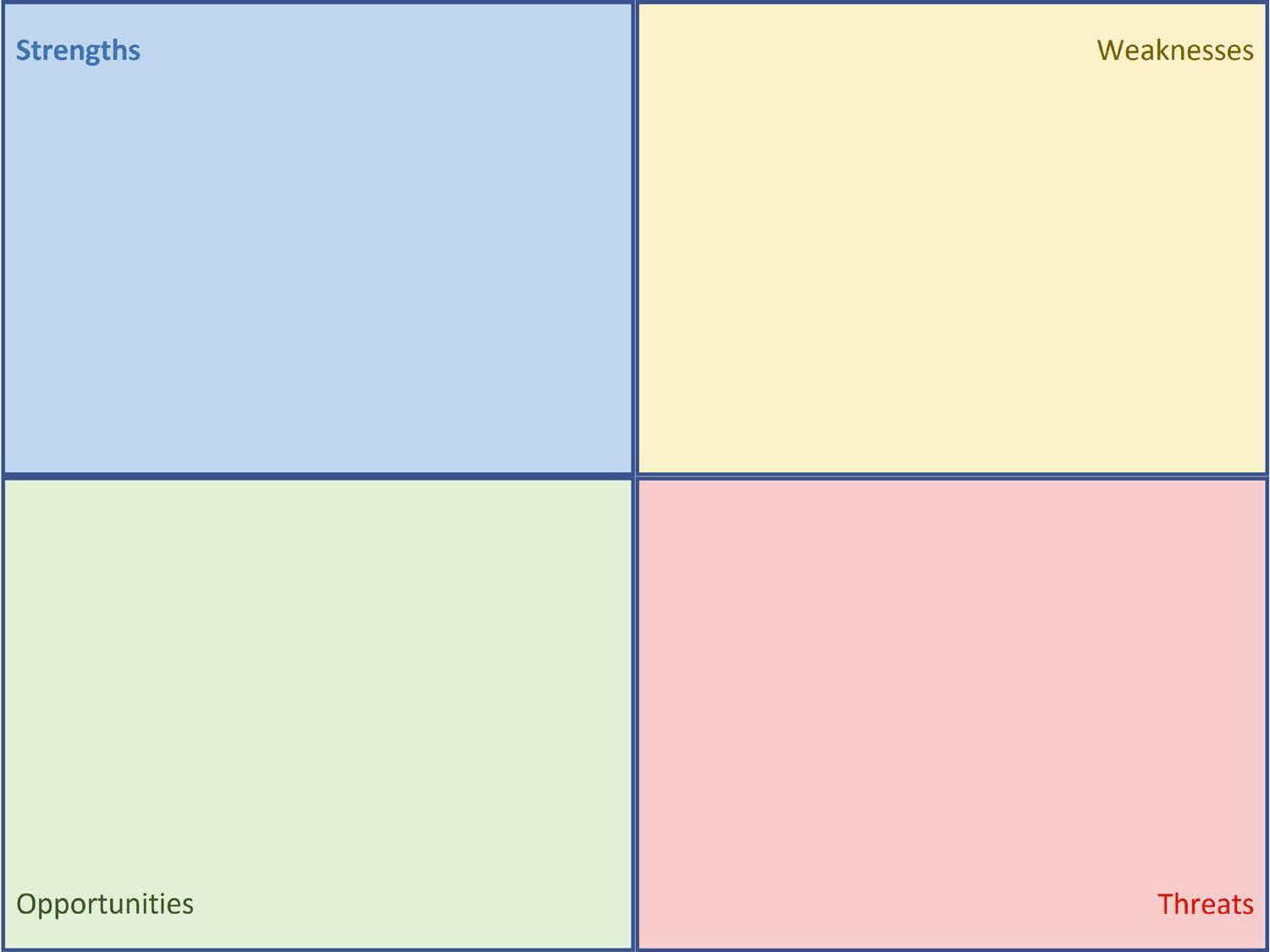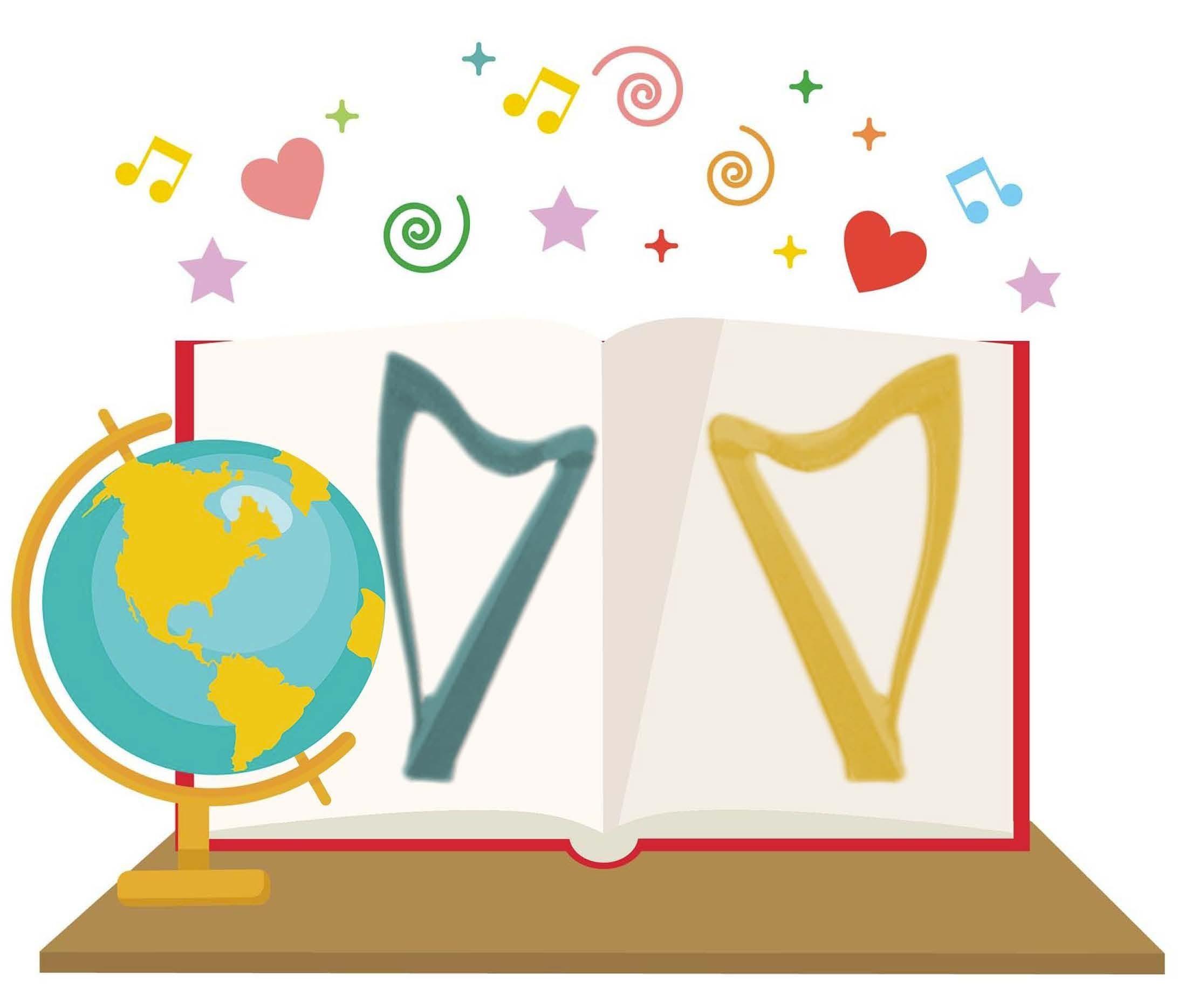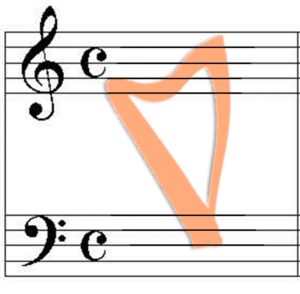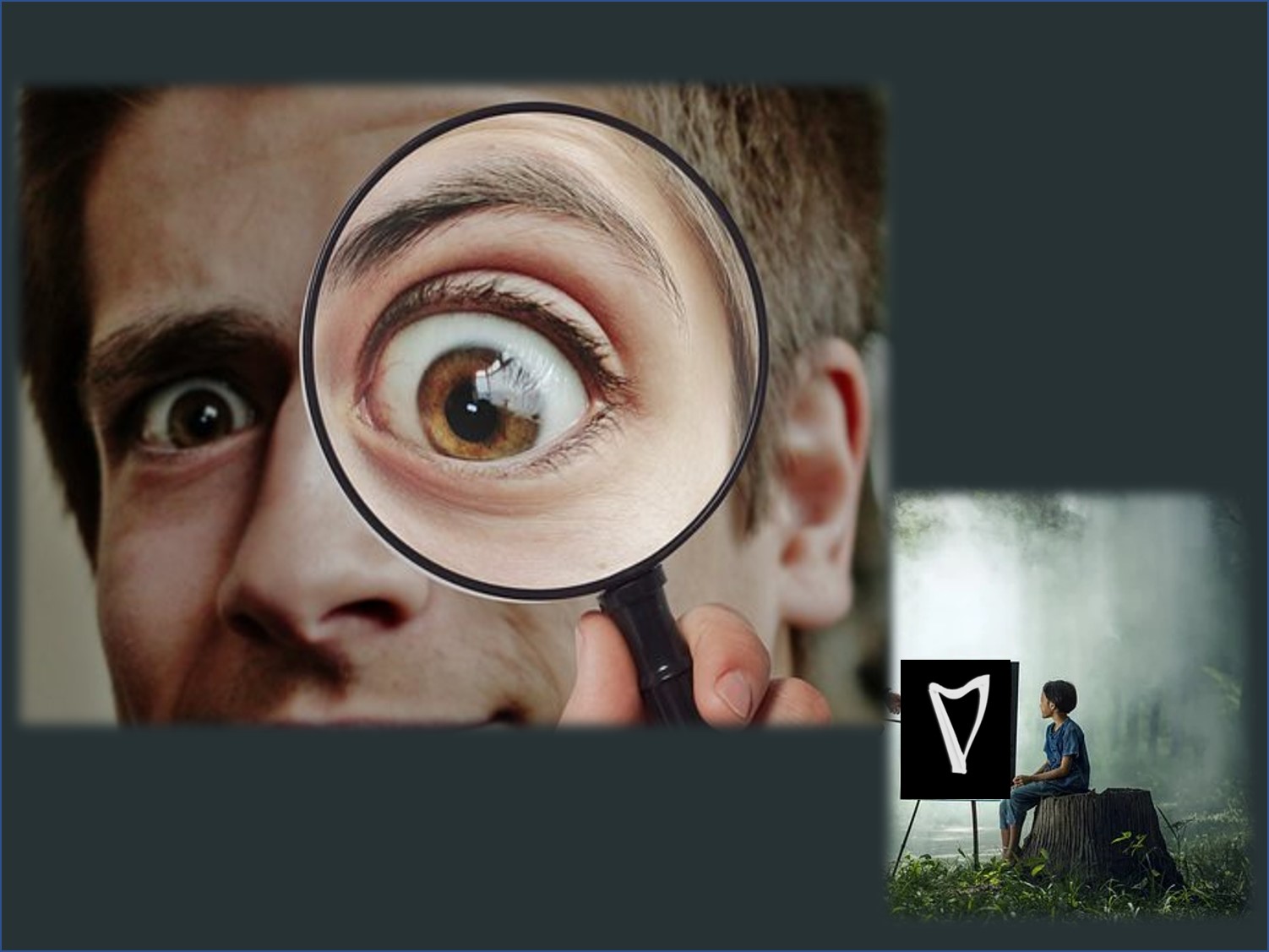As a harper, I have been reading with interest the “sudden” spate of articles on the ills of working from home for over a year. As a Human Factors Psychologist and Systems Engineer, I am only surprised it took this long for the articles to hit.
Everyone who couldn’t get away from me has received lectures (from my professional perspective). I have related the importance of chair height and table height, arrangement of keyboard, monitor, mouse, lighting, and other elements of the workspace. I have hectored friends, neighbors, and people I don’t even know about drinking enough water and not drinking too much coffee; the importance of avoiding incessant snacking; building a schedule; getting some outdoor time; and keeping work-work and home-work separate (not trying to do household chores between meetings) – all things I know from my professional specialty and as a person who has worked from home for over 15 years.
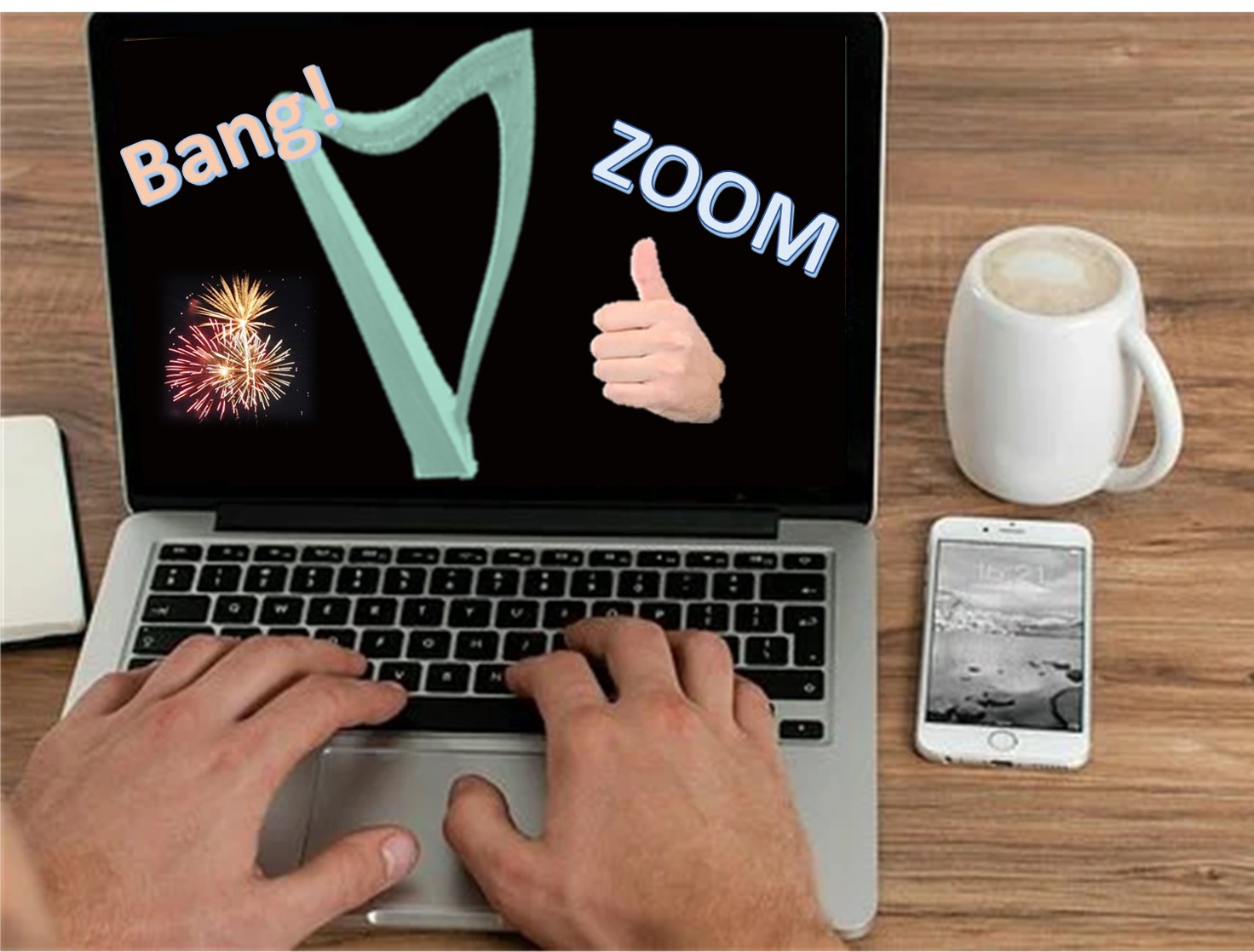 But now, I’m going to direct all that energy at you … and suggest a way forward!
But now, I’m going to direct all that energy at you … and suggest a way forward!
I know you’re used to me prattling on about injury at the harp, but one thing you might not have thought about is what our current altered reality has done to us. There are so many things we either did differently before or things we haven’t been able to do at all over the last year. That that time away can build the potential for losing focus and technique…all of which may result in injuries – at the harp or away from it.
Just this week I have learned of harpers who have sustained injuries away from the harp that are impacting their playing – ugh. One is a student who fell off a skateboard. Even if that wrist isn’t broken, it will need to heel. And that will be weeks away from the harp. Another was telling me about a big work project – at home, on a laptop doing work that would normally have been done at the office on a desktop – with its ergonomically designed desk and much bigger keyboard. So now we’re working on caring for the overuse injuries from typing in this new position – injuries to the same structures that are central to playing the harp.
As we have all languished at home, it has also been easy to allow our basic skills slide. If you don’t have in person lessons, your thumbs might fall, your shoulders might cave, your chin might jut, and your spine might crumple. In addition, so many of the cues teachers can pick up on from in-person lessons are missing or are flattened online. So, it is likely that there are elements of technique that are dissolving from your daily practice and are not highlighted in your lesson.
And that’s not good – ragged technique and poor posture are not just a challenge to overcome – they can be a gateway to injury.
So, what can you do? Have a zoom call……with yourself!
If you’re not familiar with zoom (zoom.us) it is a free application that allows you to have a video interaction with others. *
At the beginning of each day I do a zoom meeting with myself to verify my cameras are pointing in the right direction, that the lighting is good, and that everything is set up before my first student. As I’m teaching, I watch my student. That means that if I need to look at my harp, I would have to look away. But, I can see my harp on the screen which means I can still see both my student and my harp. After all, I want to be sure they are able to follow and understand what I’m doing or to verify that I need to do it again. One day while teaching, I noticed (and was really pleased with) my hand position (I know, silly things make me happy).
And that got me thinking about how on the screen I could see things I can’t see from “behind the harp”. Moreover, I could make small changes and see the effect right away.
You can do the same thing. How? You just have to host a meeting with yourself. Yup – host a meeting, but don’t invite anyone else! You have the full screen, you can see yourself clearly, and while you watch, you can make small adjustments. As you make these adjustments (move to the middle of the string? raise your arm just a tiny bit? create greater space between your thumb and fingers? actually preplace or use the fingering you worked out? the list could go on…) BANG! – you can immediately see the effect of each change.
And seeing can certainly be believing.
I often suggest that you video your practice so you can see what you’re doing…and what you’re not doing. It gives you a different perspective (and may make teacher comments mean more to you). I also always remind you of the big red delete button…because the point of the video is to learn, correct and go on, not to hold it for posterity. However, I also know that many of you still don’t do this. So this similar (but completely ephemeral) idea seemed like a good one. Watch yourself play but don’t record it. See what you’re doing (from the vantage point of your teacher) and make small adjustments until what you see matches what you’ve heard in all those lessons – high thumb, relax, close, place…breathe!
DO ALL THE THINGS! SEE ALL THE THINGS!
I also find that the meeting view is better – clearer and brighter – than on the video.
So, are you willing to zoom with yourself to help be bang on? If you do, let me know how it goes and what you learn. And if you’re not willing to try, I’d like to hear that too. I’m always looking for better ways to teach and I learn so much from your comments!
* And no, of course I’m not getting any compensation – but this is also not an endorsement. I have used zoom, skype, facetime, and messenger – as long as you have the function without actually having someone else on the line, it’ll work.
